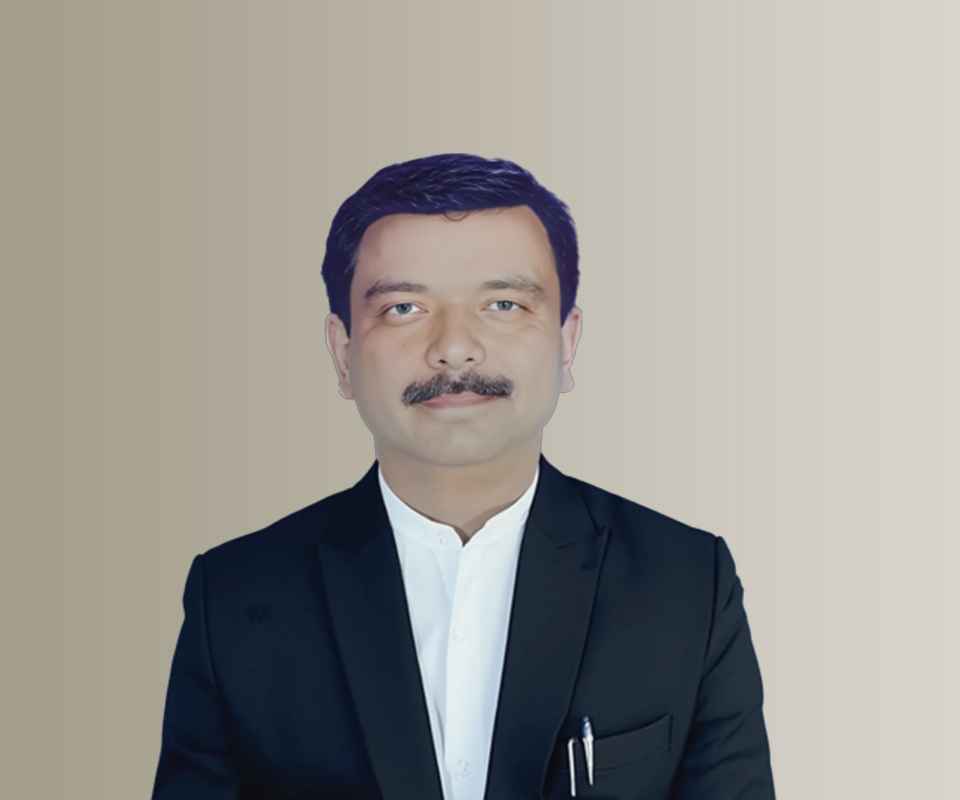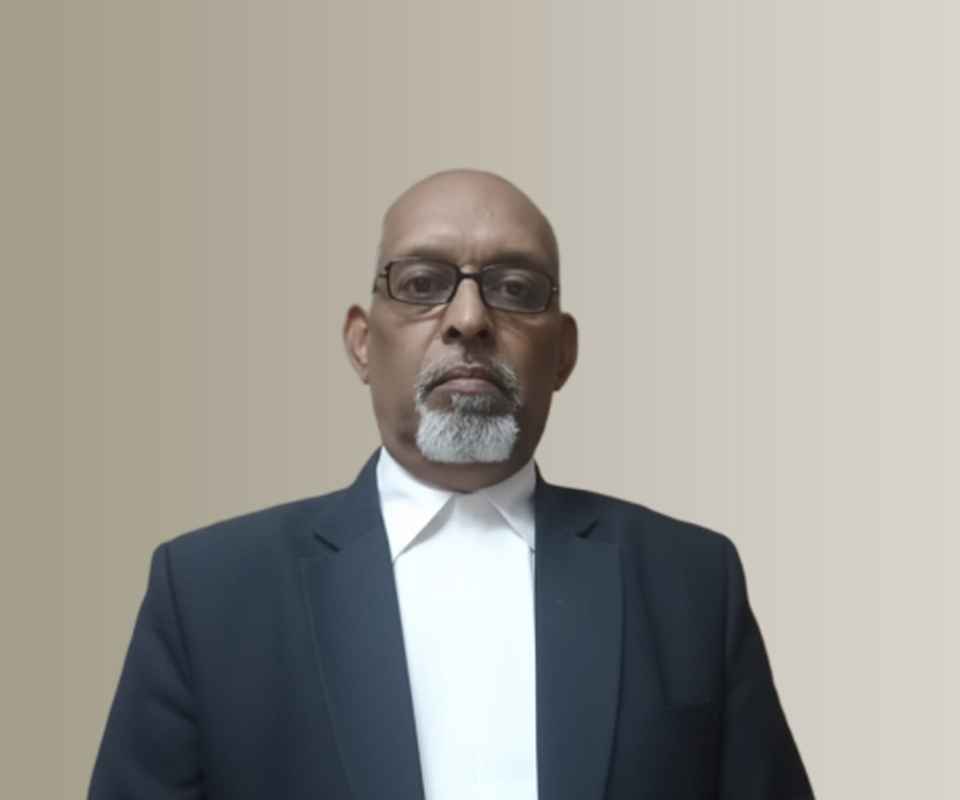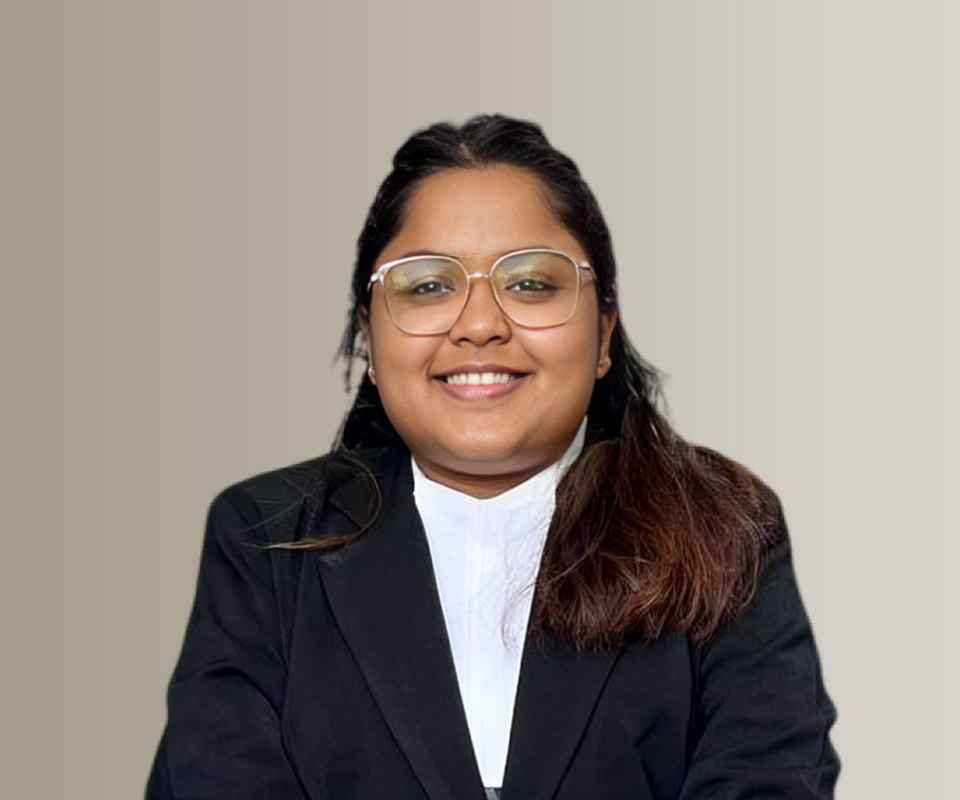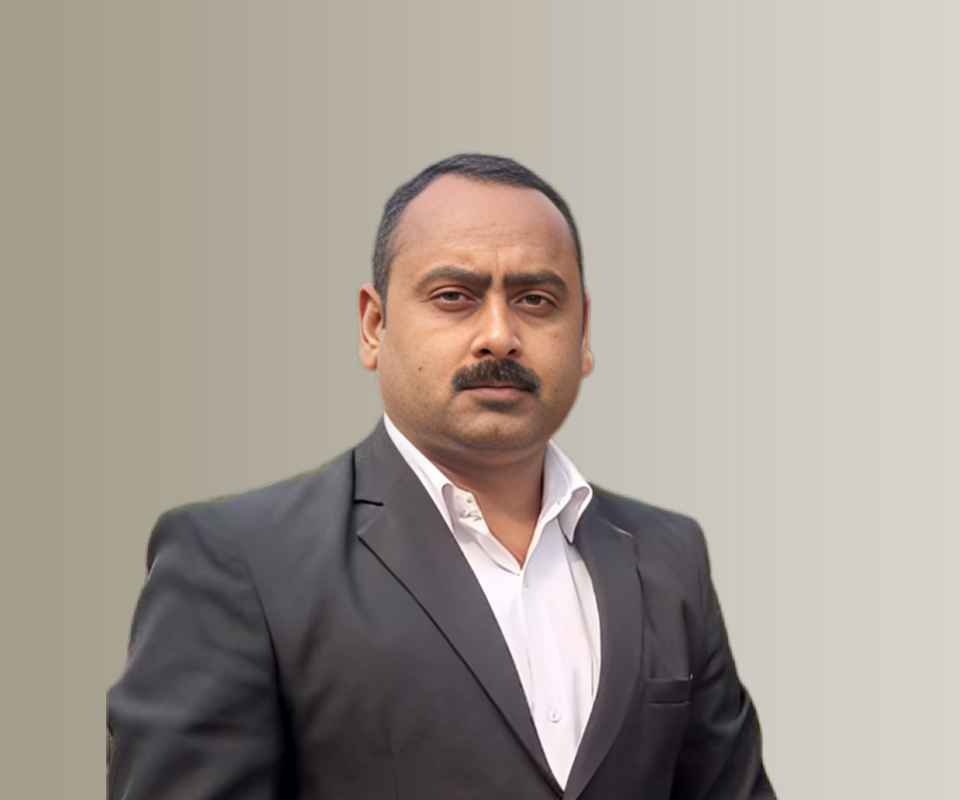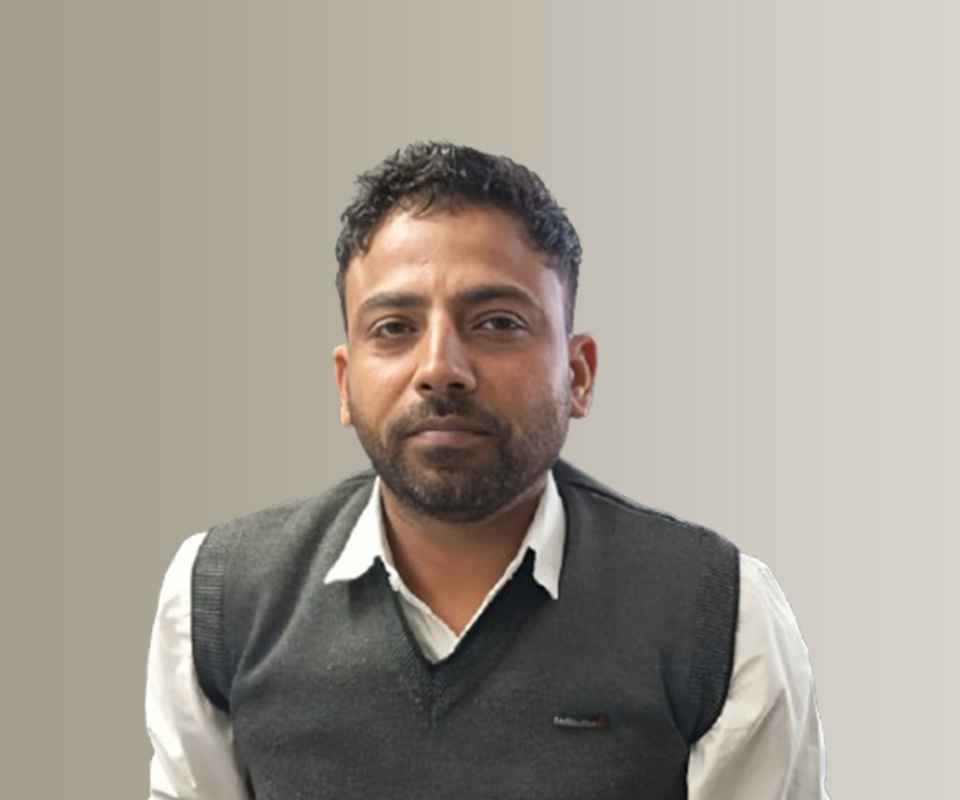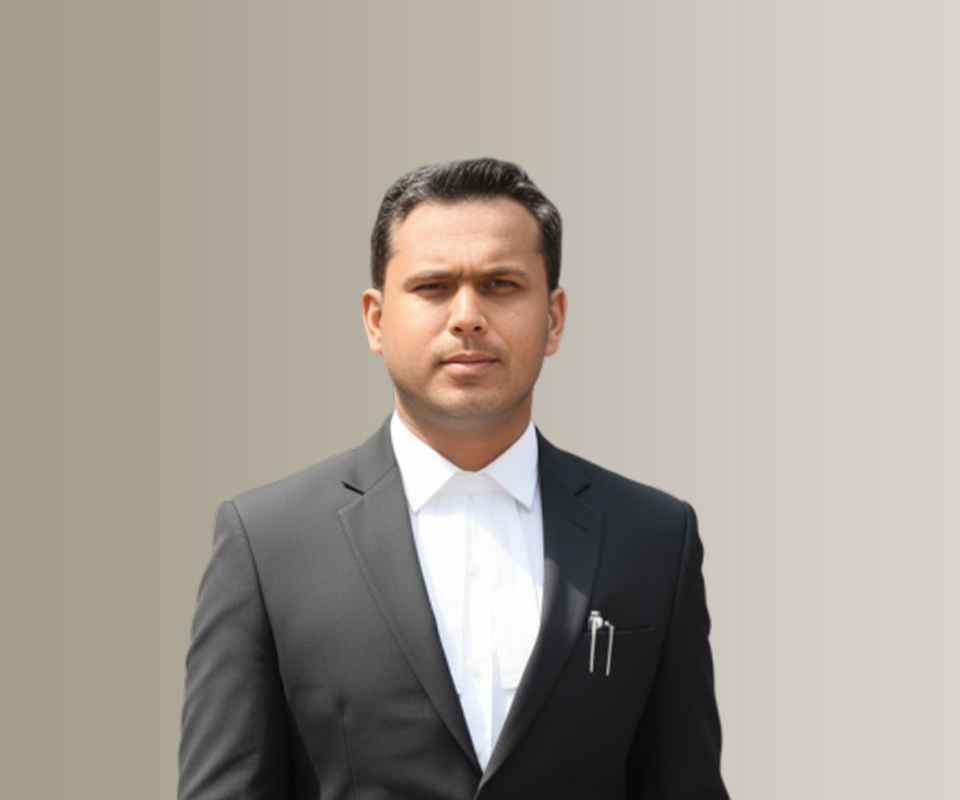Answer By law4u team
Yes, individuals from different religions can marry in court in India under the Special Marriage Act, 1954. The Special Marriage Act provides a legal framework for couples of different religions, or those who wish to have a secular marriage ceremony, to marry and register their marriage through a civil procedure without any religious rites or ceremonies. Here's how individuals from different religions can marry in court under the Special Marriage Act: Notice of Intended Marriage: The first step is to give a notice of intended marriage to the Marriage Officer (typically the District Marriage Officer or Sub-Divisional Marriage Officer) of the district where either of the parties has resided for at least thirty days prior to giving the notice. The notice is published for public scrutiny for thirty days. Objections to Marriage: During the thirty-day notice period, any person can file objections to the marriage if they have valid reasons, such as one of the parties being already married or being of unsound mind. Marriage Ceremony: After the expiration of the notice period and resolution of any objections, the marriage can be solemnized at the office of the Marriage Officer or any other place approved by the Marriage Officer. The marriage ceremony is conducted in the presence of the parties to the marriage and three witnesses. Declaration and Registration: During the marriage ceremony, the parties declare in the presence of the Marriage Officer and witnesses that they are voluntarily entering into the marriage. After the ceremony, the Marriage Officer registers the marriage in the Marriage Register. Marriage Certificate: The Marriage Officer issues a marriage certificate to the parties, which serves as legal proof of the marriage. The marriage certificate includes details such as the date and place of marriage, names and addresses of the parties, and names of witnesses. The Special Marriage Act allows couples to marry irrespective of their religion, caste, or creed. It provides a secular and legal alternative to religious marriage ceremonies and enables individuals from different religious backgrounds to marry without having to convert to each other's religion. The Act upholds the principles of equality, secularism, and freedom of choice in matters of marriage.

